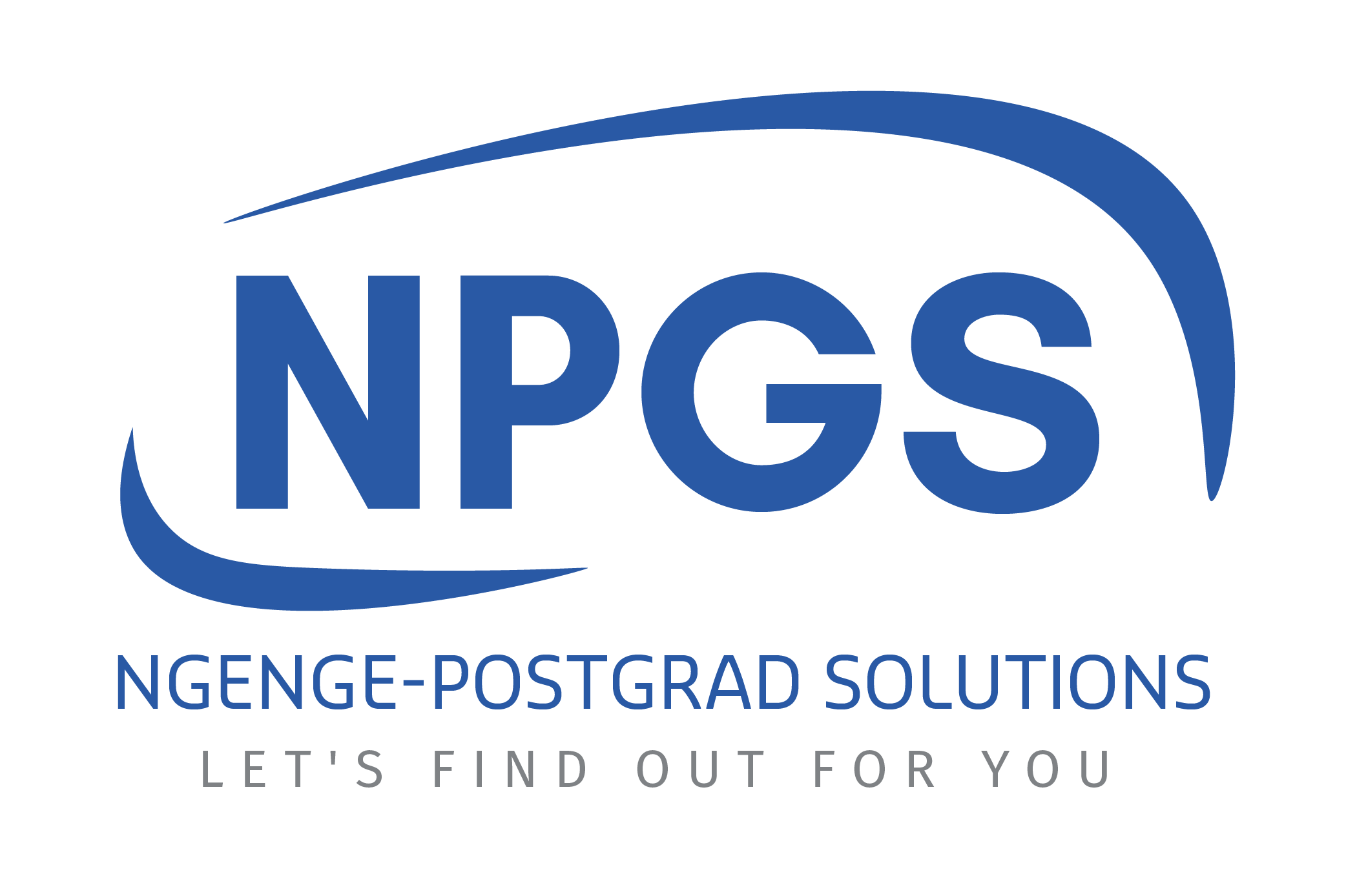The Global Initiative Against Transnational Organized Crime (GI-TOC) is pleased to announce the fourth edition of the Resilience Fellowship, which for 2023 will have human rights as its theme. The Fellowship builds a platform for cross-sectoral, global and interdisciplinary collaboration between civil society actors, human rights activists, journalists, artists, scholars, policymakers, grassroots community leaders and others working to counter the effects of organized crime. Deadline: 15 November 2022.
The Fellowship is part of the GI-TOC’s flagship Resilience Fund, which provides grants and support to civil society individuals and organizations working to counter the impacts of criminal governance and violence across the world. Established with a grant from the government of Norway, the Resilience Fund is also supported by the governments of Germany, the Netherlands and New Zealand and works in partnership with international organizations and NGOs worldwide.
The first edition of the Fellowship in 2020 provided support and networking opportunities to a cohort of 10 individuals from around the world on the chosen theme of disappearances related to organized crime. In 2021, the chosen theme was extortion. The Fellows in this cohort worked against different practices of extortion carried out in vastly diverse contexts and cultures, identifying the numerous dynamics and expressions of this criminal method. The ongoing Fellowship in 2022 has environmental crime as its theme, focusing on areas like illegal logging, IUUF, and environmental affectation to indigenous protected areas.
The Resilience Fellowship is based on a three-pronged approach:
Sponsorship: Providing financial support so that Fellows will have the time and resources to carry out their individual work and a collaborative project. Grants of US$15 000 per Fellow will be awarded for one year.
Networking: Offering mentorship opportunities with experts from the GI-TOC, as well as bringing Fellows together to begin a collaborative project to be undertaken during their Fellowship year.
Dissemination: Creating opportunities for Fellows to publicly share their work and ideas – through platforms such as conferences, civil society forums and national and international platforms, which will expand public discourse, deepen engagement with society, and invite the support and participation from the general public and, ultimately, policymakers.
For the year 2023, a total of 10 Fellows will be selected.
Applicants should have a background in any of the following fields: journalism and media; activism; advocacy and community mobilization; the creative arts (artists, writers, filmmakers, and others); community leaders (religious, cultural, youth leaders); academia (researchers, consultants, and scholars), human rights practitioners working directly with affected communities, and the public sector (policymakers). Individuals from other disciplines will be considered if their work is relevant to the Fellowship’s objectives and the annual theme.
The Fellowship welcomes applications from people of any gender, ethnicity, age, religion or any other defining factor, who work in communities affected by organized crime. The overall make-up of the 10 Fellows will be diverse and will reflect an equitable geographic and gender balance.
Selection criteria:
- Participants should be from countries disproportionately affected by organized crime and/or from least developed countries.
- Participants should ideally work closely within communities severely affected by organized crime, or have strong ties within them, and should have ongoing or established projects or engagement. The cross-border nature of issues related to organized crime allows applicants working within a wider, non-geographic community to be considered on a case-by-case basis.
- Participants should have knowledge or work towards protecting human rights that are being violated or threatened due to the prevalence of organized crime and criminal governance.
- Participants should be able to demonstrate how the funding and support will be used.
- Participants who have direct experience in their communities’ issues, related to the annual theme, are particularly encouraged to apply.
- Participants must be fluent in at least one of these three languages: Spanish, English or French.
- Participants’ prior work should demonstrate a commitment to the ethics and values of the Resilience Fund.
Each fellow will receive US$15 000 (divided in three payments of US$5 000) to be executed with no other limitation than the principles of professionalism, integrity and transparency; the proposal presented in the application form; the terms and conditions of the Fellowship agreement, and the implementation of collaborative actions with other fellows.




